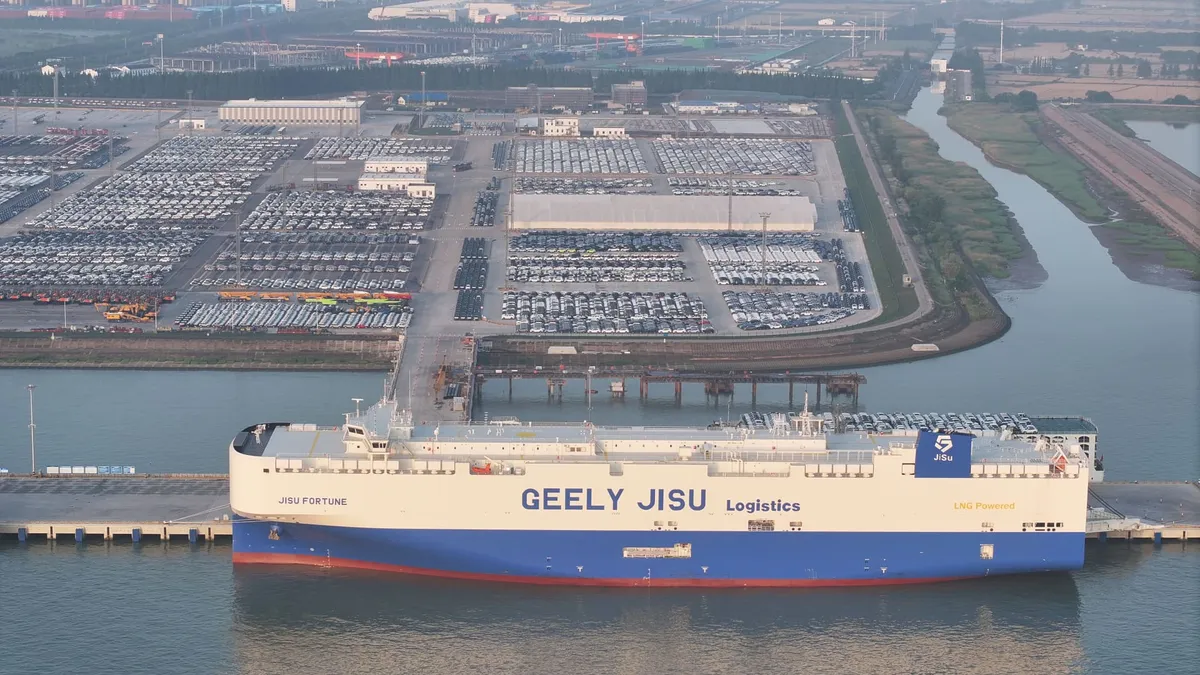
In May, China's exports growth fell short of expectations, primarily due to a significant decline in shipments to the U.S. This disappointing performance occurred even amidst a temporary trade truce that paused most tariffs for 90 days. According to customs data released on Monday, exports rose by only 4.8% in U.S. dollar terms compared to the same month last year, which was below the Reuters poll estimate of a 5% increase.
China's imports also took a hit, plummeting by 3.4% in May year-over-year. This drastic decline was much sharper than economists' expectations of a 0.9% decrease. The ongoing decline in imports this year can be attributed largely to sluggish domestic demand, which continues to weigh on the Chinese economy.
Notably, Chinese exports to the U.S. fell by a staggering 34.5% compared to the previous year, while imports from the U.S. decreased by over 18%. However, this drop was somewhat offset by an increase in shipments to Southeast Asian countries, which surged nearly 15% year-over-year, as well as exports to the European Union and Africa, which reported increases of 12% and over 33%, respectively.
The growth of exports in May marked a significant slowdown from April, where there was an 8.1% surge. The previous month’s growth was largely attributed to increased shipments to Southeast Asian nations, which helped to balance out the sharp decline in outbound goods to the U.S. April also saw a more than 21% plunge in shipments to the U.S. as restrictive tariffs took effect.
The imposition of U.S. President Donald Trump's prohibitive 145% tariffs on Chinese goods in April led to retaliatory measures from Beijing, including triple-digit duties and export controls on critical minerals. A preliminary deal reached in Geneva, Switzerland, last month resulted in both nations agreeing to drop a majority of tariffs. Currently, Washington's levies on Chinese goods stand at 51.1%, while Beijing's duties on American imports are at 32.6%, according to the Peterson Institute for International Economics.
In an effort to ease tensions and resume productive dialogue, Chinese Vice Premier and lead trade representative He Lifeng is expected to meet with the U.S. trade negotiation team, led by Treasury Secretary Scott Bessent, in London later today. This second round of meetings comes after recent accusations from both sides regarding violations of the Geneva trade agreement. Washington has pointed fingers at Beijing for delaying its commitment to approving the export of additional critical minerals to the U.S., while China has criticized the U.S. for imposing new restrictions on Chinese student visas and additional export controls on semiconductor chips.